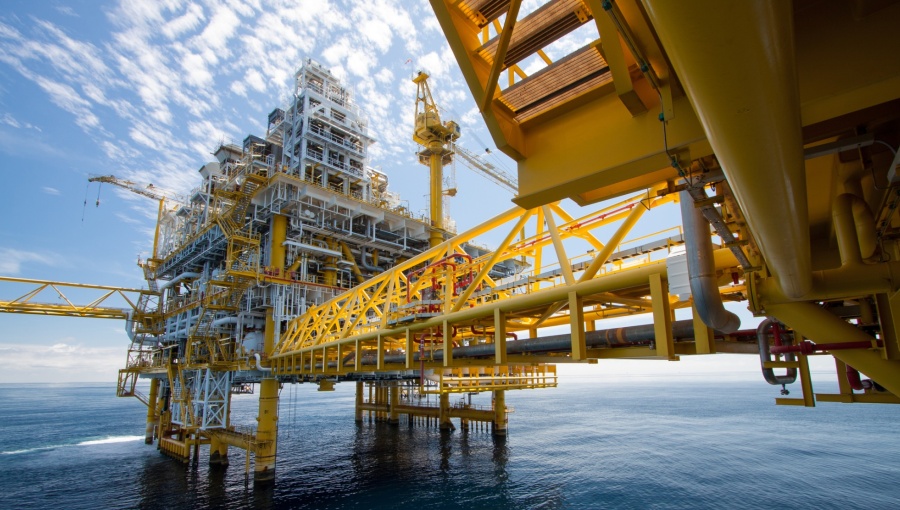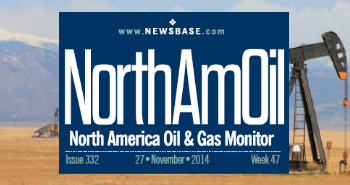TotalEnergies exits North Platte project in Gulf

France’s TotalEnergies announced on February 10 that it has decided not to sanction its North Platte project in the US Gulf of Mexico. As a result, the company’s TotalEnergies E&P USA subsidiary will immediately withdraw from the project.
In a short statement, the company said the decision had been taken as it had better opportunities for capital allocation elsewhere in its portfolio. It did not elaborate on what these opportunities may be.
Until February 10, TotalEnergies held a 60% operating interest in North Platte, while Norway’s Equinor owned the remaining 40%. TotalEnergies said Equinor and the relevant authorities had been notified of its immediate withdrawal from the project. The transfer of operatorship will be effective “following a short transition period to ensure an orderly handover”, the French company said.
The news represents a blow to the North Platte project, which was thought to be close to a final investment decision (FID) and was anticipated to produce up to 75,000 barrels per day (bpd) of oil. North Platte is a discovery in the Wilcox – or Paleogene – formation in the deepwater Gulf, in roughly 1,300 metres of water. Like other Paleogene discoveries, the field will require 20,000 psi technology – recently developed for use on drillships targeting challenging high-pressure, high-temperature (HPHT) formations.
TotalEnergies remains a partner in Chevron’s Anchor project – another Paleogene find – which reached FID in 2019 and will be developed using Transocean’s newbuild 20,000 psi Deepwater Titan drillship. Separately, privately owned Beacon Offshore Energy reached an FID on the Paleogene Shenandoah project last year and has contracted another newbuild 20,000 psi Transocean drillship, the Deepwater Atlas, for that development.
Thus TotalEnergies’ withdrawal from North Platte comes just as other Paleogene projects are advancing and 20,000 psi technology is about to be used for the first time. It illustrates the fact that such projects remain challenging to develop given the advanced technologies required and the fact that costs are still high despite offshore operators bringing them down in recent years.
Whether Equinor decides to continue pursuing the development of North Platte remains to be seen.


Follow us online